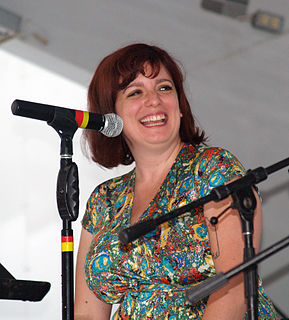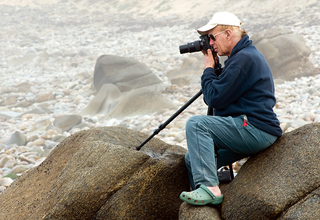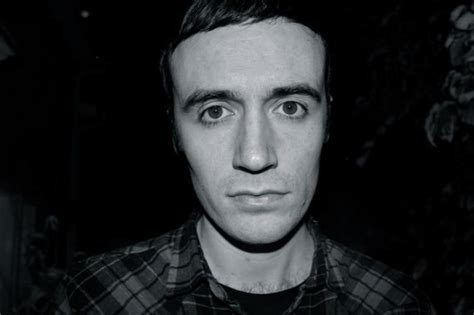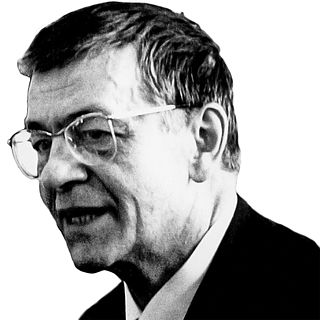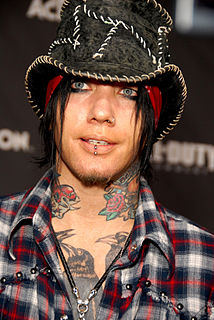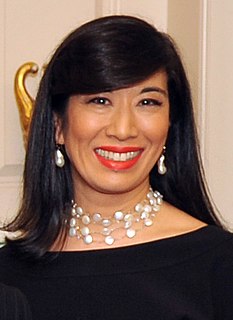A Quote by John C. Maxwell
When you reflect, you are able to put an experience into perspective... reflective thinking enables you to distance yourself from the intense emotions of particularly good or bad experiences and see them with fresh eyes.
Related Quotes
I wrote a song called 'Red' and thinking about what that song means to me and all the different emotions on this album they're all pretty much about the tumultuous, crazy, insane, intense, semi-toxic relationships I've experienced in the last two years. All those emotions fanning from intense love, intense frustration, intense jealousy, confusion, all of that in my mind, all those emotions are red. There's nothing in between, there's nothing beige about those feelings and so I called my record that.
A photographer who wants to see....must recognize the value of the familiar. Your ability to see is not increased by the distance you put between yourself and your home. If you do not see what is all around you every day, what will you see when you go to Tangiers?....Good seeing doesn't ensure good photographs, but good photographic expression is impossible without it.
This fact was something I also learned from this first novel that I needed personal experience to invent, to fantasize, to create fiction, but at the same time I needed some distance, some perspective on this experience in order to feel free enough to manipulate it and to transform it into fiction. If the experience is very close, I feel inhibited. I have never been able to write fiction about something that has happened to me recently. If the closeness of the real reality, of living reality, is to have a persuasive effect on my imagination, I need a distance, a distance in time and in space.
One cultivates spaciousness or awareness which allows you to acknowledge the emotions and see them as part of the human condition. Emotions are like subtle thought forms and they all arise in response to something outside yourself. They are all reactions. You cultivate a quietness in yourself that watches these emotions rising and falling and passing away.
It is the shared experience - [although] you're the conduit of the sound, the recipient is also in some way the author of the work, because if they weren't the author of the work they wouldn't be able to recognise it as an experience, you could argue. The more distance you can put between yourself and having any kind of objective the more likely it is to appear.
For me, language is a freedom. As soon as you have found the words with which to express something, you are no longer incoherent, you are no longer trapped by your own emotions, by your own experiences; you can describe them, you can tell them, you can bring them out of yourself and give them to somebody else. That is an enormously liberating experience.
Against Nature's silence I use action In the vast indifference I invent a meaning I don't watch unmoved I intervene and say that this and this are wrong and I work to alter them and improve them The important thing is to pull yourself up by your own hair to turn yourself inside out and see the whole world with fresh eyes
I grew up in a really bad situation; my father left when I was young - you know, an abusive situation. So the minute I put my fingers on a guitar and closed my eyes and just played, it literally was like a drug. It took me into a totally different world, and I just pulled from emotions and experiences that I was going through.
There are pros and cons of experience. A con is that you can't look at the business with a fresh pair of eyes and as objectively as if you were a new CEO. Fire yourself on a Friday night and come in on Monday morning as if a search firm put you there as a turn-around leader. Can you be objective and make the bold change?
If you hold back on the emotions--if you don't allow yourself to go all the way through them--you can never get to being detached, you're too busy being afraid. You're afraid of the pain, you're afraid of the grief. You're afraid of the vulnerability that loving entails. But by throwing yourself into these emotions, by allowing yourself to dive in, all the way, over your heard even, you experience them fully and completely.

